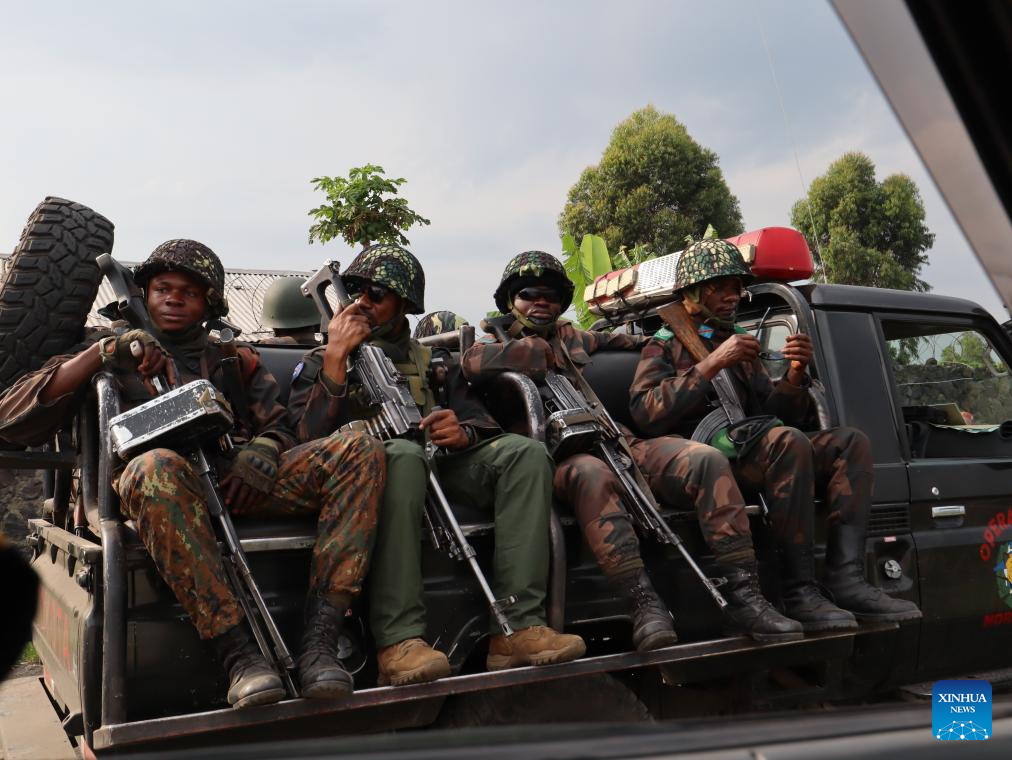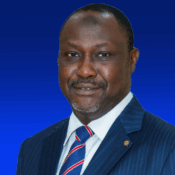
EU to give Kenya $21 million in military aid to combat internal and external threats
The Kenya Defence Forces (KDF) are receiving military support from the European Union (EU) valued at approximately €20 million ($21.4 million) to help them combat challenges like the Somali extremist group Al Shabaab.
This implies that Nairobi will receive direct support for the first time from the EU Peace Facility, a fund created by the European Union bloc in 2021 to aid in the support of security activities in African allies.
According to a European Council dispatch, the funds will help the KDF defend Kenya’s borders and counter threats from both the inside and the outside.
The European Council stated on Monday that “the assistance measure will also contribute to securing border areas and countering increased Al Shabaab’s operations along the border with Somalia.”
Using funds from the European Peace Facility entails funding the acquisition of equipment as well as other services like technical training.
According to a dispatch, the Kenyan army’s infantry combat units would also receive cross-country tactical military-type vehicles, non-lethal interceptors and jammers, equipment to fight improvised explosive devices, electronic warfare tools, and a mobile medical station in addition to tactical unmanned aerial vehicles.
The KDF has been a part of the African Union Transition Mission in Somalia (Atmis) force for the past ten years, and the EU is one of its supporters. However, the EU and other funders have recently reduced their financial contributions to the mission, citing a variety of security issues across the continent.
It has focused on the Sahel area since 2021, when it established the EU Peace Facility, where an insurgency has overthrown nations like Niger, Mali, and Burkina Faso. But the facility has never directly benefited the KDF.
The $21.4 million also covers supplies of night vision goggles, life jackets, and other personal safety equipment for the Kenyan navy’s naval marine units.
EPA agreement
The money is new, but it comes under an older arrangement: The EU-Kenya Strategic Dialogue pact in June 2021 where the two sides agreed to engage towards implementing bilaterally the trade and the economic and development cooperation provisions of the Economic Partnership Agreement (EPA) with the East African Community.
The original plan for this EPA was for it to be a bloc-to-bloc agreement, but as time has gone on, nations have settled on a variable geometric, with each intervening when it is most advantageous to do so.
Like the majority of Western nations, the EU has recently begun to link security concerns to commercial and investment agreements, placing Kenya’s improvements to national security at the center of agreements that would otherwise primarily address economic matters.
Targeting topics like democracy, governance, and human rights, including gender equality; peace, security, and stability; trade and investment; social development; climate change and the green transition; and the digital agenda, among others, the EU claims that the Strategic Dialogue of 2021 was intended to strengthen EU and Kenya’s regional and multilateral cooperation.
The Council stated, “The EU reaffirms its support to Kenya as a pillar of peace and stability in the region by investing in the capacities and capabilities of its defense forces.”
ally not in NATO
The assistance might supplement Kenya’s planned military improvements from the US. Kenya became the first nation in Sub-Saharan Africa to be officially added to the list of significant non-NATO friends on Monday when US President Joe Biden did so.
Kenya will have special access to advanced military hardware, instruction, and financing to increase defense spending because it is a non-NATO ally. However, it does not imply that the US will defend Kenya in the event that a third foreign nation attacks the latter.
During President William Ruto’s State visit to Washington in May, his host announced that Kenya would also get $18.2 million for criminal justice system upgrades and counterterrorism initiatives.
Since 2020, the US claimed to have spent almost $230 million on Kenyan security services. It also consented to increase its presence at Manda Airbase and provided Kenya with about eight refurbished helicopters last month. However, Kenya will pay for the maintenance of the helicopters.
Over the following four years, Kenya’s military may require additional funding for the real improvement of its gear and capabilities.
All Categories
Recent Posts
Tags
+13162306000
zoneyetu@yahoo.com



